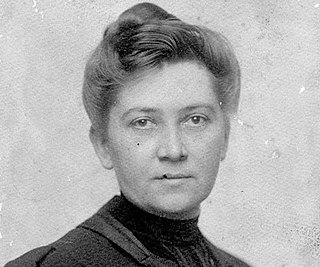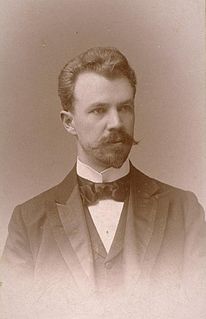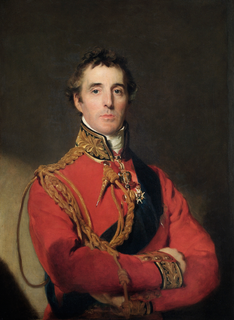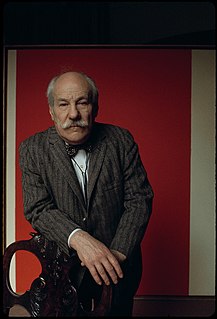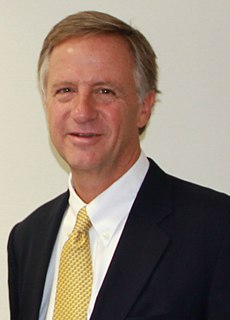A Quote by Pericles
An Athenian citizen does not neglect his state because he takes care of his own household; even those of us who are engaged in business have a very fair idea of politics. We do not regard a man who takes no interest in public affairs as harmless. We do not say that such a man 'minds his own business'. Rather we say he has no business here at all.
Related Quotes
A man is likely to mind his own business when it is worth minding. When it is not, he takes his mind off his own meaningless affairs by minding other people's business.This minding of other people's business expresses itself in gossip, snooping and meddling, and also in feverish interest in communal, national and racial affairs. In running away from ourselves we either fall on our neighbor's shoulder or fly at his throat.
A man must first care for his own household before he can be of use to the state. But no matter how well he cares for his household, he is not a good citizen unless he also takes thought of the state. In the same way, a great nation must think of its own internal affairs; and yet it cannot substantiate its claim to be a great nation unless it also thinks of its position in the world at large.
Reverence for life . . . does not allow the scholar to live for his science alone, even if he is very useful . . . the artist to exist only for his art, even if he gives inspiration to many. . . . It refuses to let the business man imagine that he fulfills all legitimate demands in the course of his business activities. It demands from all that they should sacrifice a portion of their own lives for others.
In a sense, the religious person must have no real views of his own and it is presumptuous of him, in fact, to have any. In regard to sex-love affairs, to marriage and family relations, to business, to politics, and to virtually everything else that is important in his life, he must try to discover what his god and his clergy would like him to do; and he must primarily do their bidding.
Ownership by delegation is a contradiction in terms. When men say, for instance (by a false metaphor), that each member of the public should feel himself an owner of public property-such as a Town Park-and should therefore respect it as his own, they are saying something which all our experience proves to be completely false. No man feels of public property that it is his own; no man will treat it with the care of the affection of a thing which is his own.



